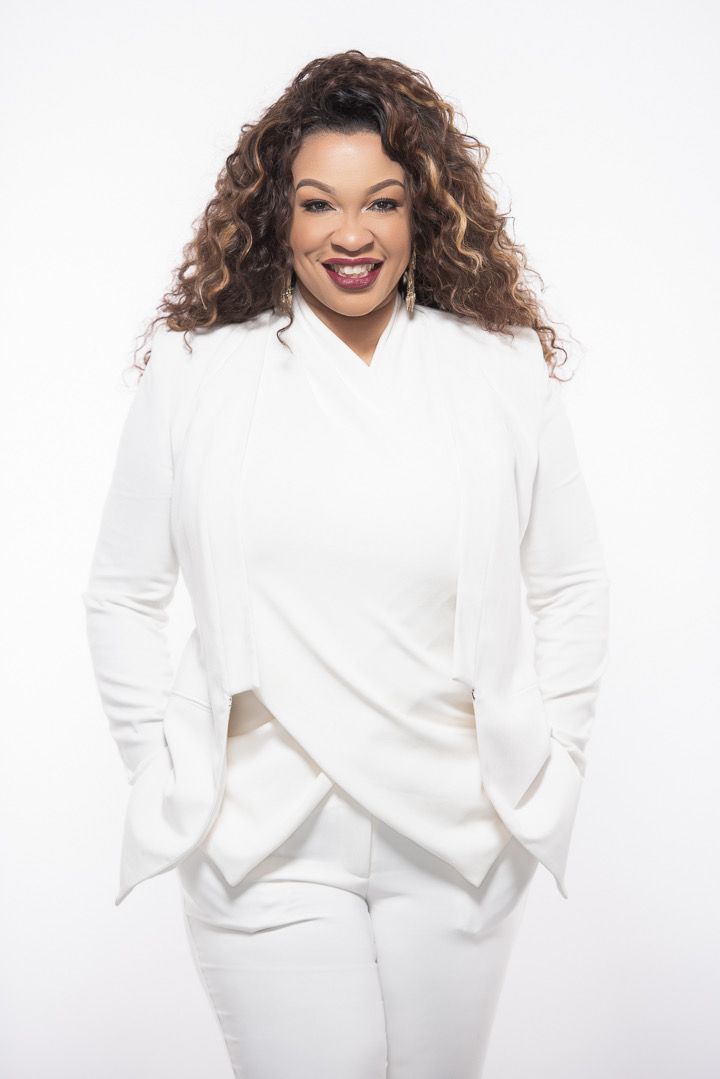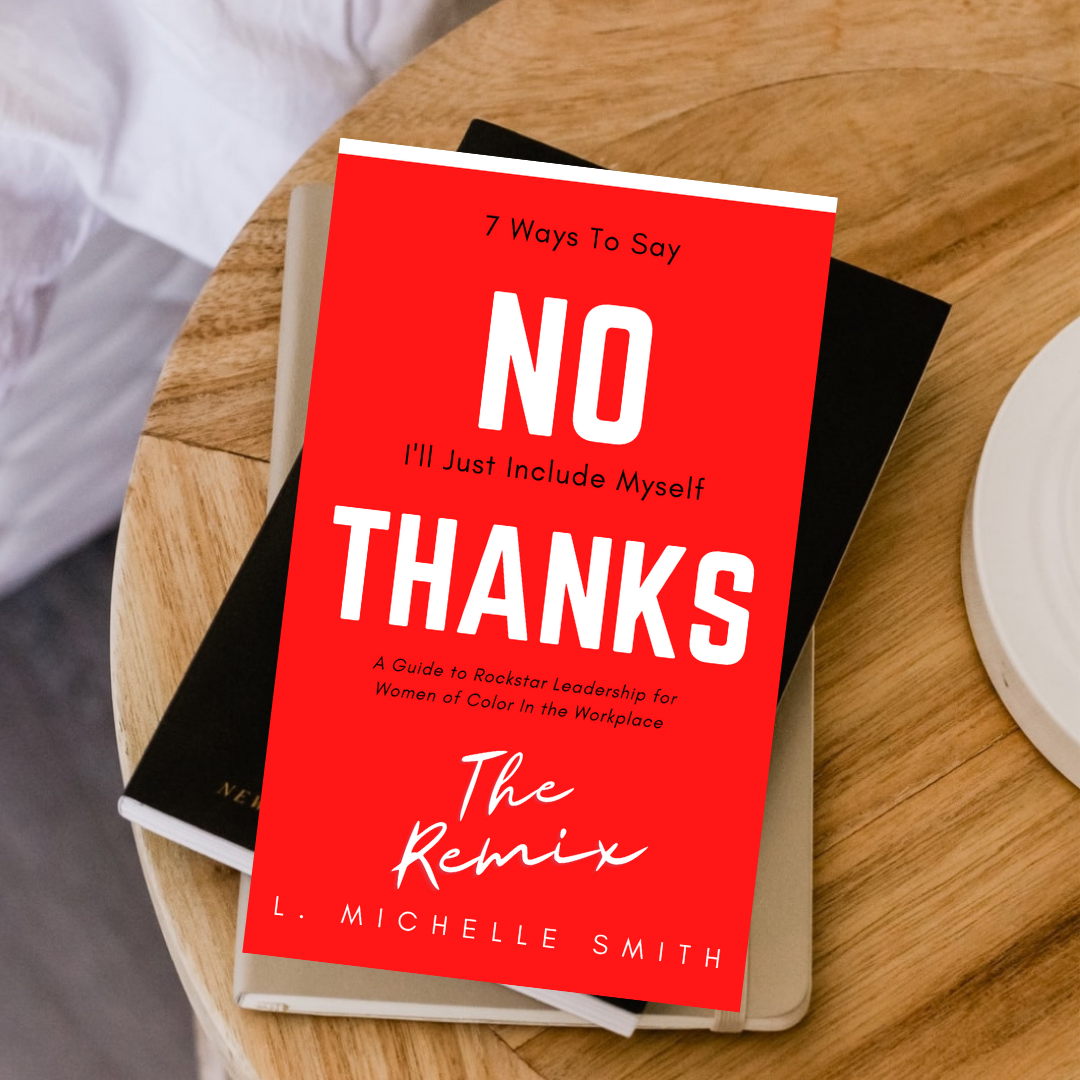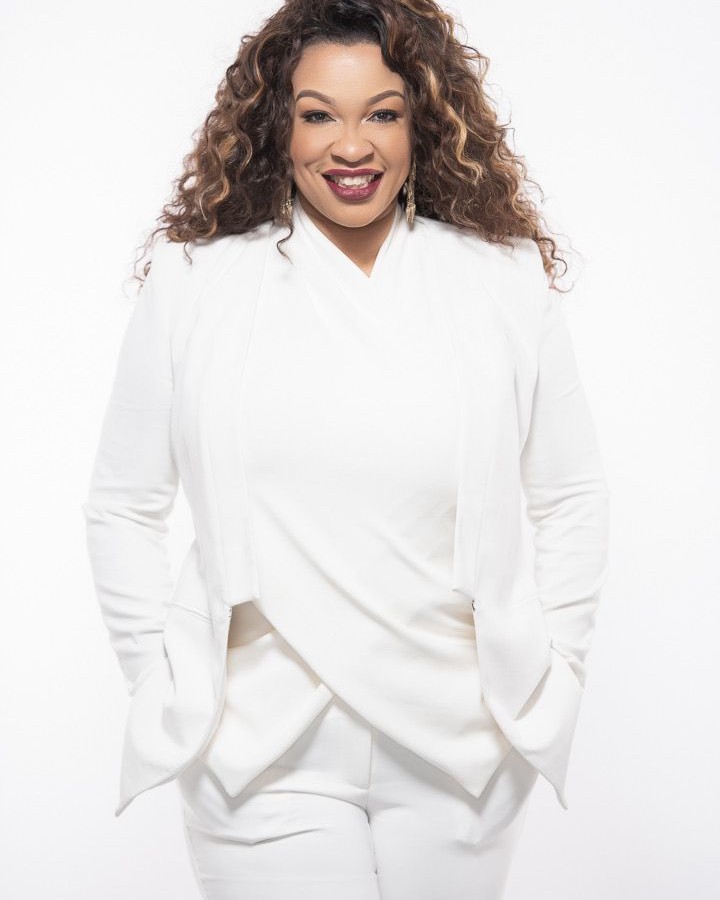In the post-COVID era, business leaders, myself included, are being asked to reconsider our workplaces against the “new normal.” In 2021, this should mean not just the physical spaces that house our employees but also the intangible ways in which companies are houses for our workers. Our workplaces are not homes. But, often companies use the language of home in an effort to strengthen bonds with employees and create fidelity to a corporation. This language is often at odds with the experiences of many employees. In fact, outside of a cis-white-largely male experience, our workplaces often not only lack a sense of home but are inhospitable.
How can we as corporate leaders begin to fix this? I often think back to advice Satya Nadella gave to Microsoft employees when I worked there. He shared that making technology for those with a disability improves technology for everyone. The idea, at the time, felt novel. The idea now feels like a necessity. If we want work in places where everyone feels welcome, we need to begin to build workplaces for the most disadvantaged of those in the workforce — knowing that if we solve for the worst off scenarios, everyone will benefit.
L. Michelle Smith, an author, professional speaker and a certified executive & business coach, sat down with me a few weeks ago to speak specifically about the disadvantages that black women face in corporate America. Her most recent book, No, Thanks, is for black women and women of color. It concerns the significant disadvantage that Black women experience specifically when it comes to rising through the ranks and obtaining crucial executive leadership positions. Her argument: if we solve for black women, we solve for everyone.
And, her book makes an equally important point: it is not the role of a group of people twice disadvantaged to also fix the system that has created the disadvantage. The responsibility to create change, to build workplaces that are home-like in the sense that they are inviting, comfortable places for people to pursue their opportunities, is the opportunity of those in power. As we go back to work, may we do so with an idea to recreate our workplace to serve those most disadvantaged and in doing so, truly recreate them for all.
Here’s an excerpt of my interview with L. Michelle Smith that I hope will provide insight into the role of Black women in America and inspiration for everyone with the power to make change.
What does it mean to “solve for black women”?

When it comes to business and specifically corporate culture, research has shown Black women to be at the most significant disadvantage when it comes to inclusion, but especially when it comes to rising through the ranks and into crucial executive leadership positions.
Black women have been called “double outsiders.” That means that in terms of gender and race, Black women are “other-ed” twice.
Solving for Black women in this context simply means finding a path to navigate the inevitable friction that the double outsider issue raises and the expectations of a workplace that centers on White men and does not align with her leadership aspirations. She needs a path forward while companies work to solve for the age-old issue of a leadership pipeline that is spewing out Black women faster than most others, and before she makes it to the executive ranks.
What does it mean for a company to adopt a strategy of solving for those most impacted, first?
This is an interesting question, and goes to the heart of the perspective of my book, No Thanks which specifically addresses Black women and other women of color and intentionally not the companies themselves.
While I spent several years working inside a company often lauded for its diversity and inclusion programs (my role was specifically to amplify those efforts), even I became disenchanted with the reality that these companies were simply not built with Black women and other groups in mind, and that the real work would be work that no one would really be open to: dismantling a corporate system and even infrastructure that was built as a highly exclusive white men’s club. There would need to be a rebuilding with the intention to include.
Newer companies have a better shot at this, but there are hardly any examples of startups successfully baking inclusion and equity into their culture. Most are too absorbed in the core business to make inclusion and equity core to its mission. Anything companies do now short of reconfiguring and restructuring is not much more than a retrofit, and that means that sustainability is not achievable.
It has been more than 50 years since the first diversity or multicultural effort was developed in the corporate setting and to this day, not one company has solved for how bias and racism wreak havoc on the careers of groups that aren’t White or otherwise privileged, so I don’t spend much time addressing it.
I spend the lionshare of my time working with women and women of color to support them in navigating what we know to be true: Corporate is a broken space that isn’t ready for the browning of America. Dare I also ask, is it really my responsibility as a Black woman to offer solutions to an entity that dwarfs me and all of my sisters? I believe it isn’t.
So I’ve stopped sharing my recommendations and counsel in that way to companies. They have hired me to speak to and work with their employees, which is highly productive. However, I believe it is up to the systems and people who created the problem to solve the problem. That is a burden that more and more Black women are beginning to offload to allies.
We are exhausted.
Why have you chosen the language “rockstar” for female, black executives to aspire to?
There is so much to be learned from rockstars. So often they are described as having that “it” factor. When it comes to executive leaders, I’ve only come across a few of them who had the “it” factor. Most leaders only have a big title.
A few rockstar leaders are in my book, No Thanks. They have certain qualities in common: No matter how high they ascend, they are and can be perceived as approachable, specifically due to their authenticity. They are change makers and innovators, which makes them transformative, but their secret weapon is their ability to tell a good story. Breakout leadership aspirations depend on it.
People love a great story. It inspires them to do things they never dreamed they could. When I ask leaders to think of people they consider to have that “it” factor in leadership, they may name a big name or one that isn’t so big, and each time, they tell me why — and it’s because they relate to a story they told.
Contrast is key. The bigger the name of the leader you admire, the stories they tell are even more ordinary. Take for instance Oprah. She may seem like an unattainable, not relatable figure when you consider her media success and fortune. But the people who admire her related to her story as a young black girl in the South, growing up poor and some people in her life counting her out. That’s what makes Oprah relatable and inspiring. Look at where she is now!
Michelle Obama isn’t any different. “Growing up on the South Side of Chicago…” is core to what makes her so likable. Add to it that she still says she is “becoming,” and you feel like you can pull up a chair at dinner and just have a little girl talk with her, despite her status as former First Lady. It causes many people to think: if she can do it, just maybe I can too. Also, unless you are Oprah or Michelle Obama or perhaps now Rosalind Brewer, CEO of Walgreens Boots Alliance, and Thashuda Brown Duckett, CEO of TIAA—the only two Black women CEOs in the Fortune 500, Black women are hardly called out as rockstars. It is the complete opposite of the tropes that we hear constantly: “hard to work with,” “angry,” “not strategic enough.”
So the term is leveraged as a way to inspire Black women to know their value and cultivate and embrace their own “it” factor, because it is attainable if you are intentional and unwavering in knowing you can be that despite the obstacles.
What experiences and/or changes have you seen your “ally” readers go through after reading this book?
Some of the first public and emotional accolades that I received for No Thanks: 7 Ways to Say I’ll Just Include Myself, came from White women. Even some extremely high-ranking White men echoed the sentiment that has now become a recurring theme: They picked up the book as an ally, but when they closed it a few hours later after not being able to put it down, they walked away with actionable leadership insights and advice that they could use themselves. They expected to read it only to become a better ally, and instead picked up some nuggets they could use as it relates to shifting your mindset, understanding your value and betting on your own brand.I believe this speaks to the core foundation of the book, that if you can solve for Black women, you can solve for anyone.
No doubt, the book is definitely culturally nuanced, but not in the way you might think. While there is one story that I tell about a little-known story in hip hop, it is written as a hardcore leadership and business book. I speak in my own voice—a polished business woman who isn’t afraid to be herself. There are also other references like to music from Disney’s High School Musical—a universal clarion call to parents of any color. In all, however, they all told me that the story, mine in particular, was relatable.
On some level, we all know what it’s like to be neglected, left out, undermined or treated like someone who wasn’t invited to the party. Those are universal themes, and storytelling is one of the best ways to get the attention of your audience and have them lean in and be inspired. The fact that Black women get what they need from the book and everyone else can too was my intent, and that feels very good to hear from readers who are not Black nor women of color.
What is one thing, right now, you want the world to know about Black women in the workplace?
Black women aren’t simply having a moment in the workplace, in business discourse or on the world’s stage. We’ve been here for generations, making something out of nothing (that’s creativity and innovation by the way), cleaning up big messes, doing the hard work and working 10 times harder just to keep the job, leading entire movements and teeing up digital trends. People are simply beginning to take notice for a number of social, political, technological and cultural reasons.

This isn’t just a moment, but it will take all of us to ensure that it isn’t. Black women are simply more determined than ever to be smart and intentional about their executive leadership goals, wielding weapons of mass innovation like the power of technology and the Internet along the way. And we will succeed in more numbers when we simply decide for ourselves to change our minds about the negative things society tells us about ourselves.
We will lead anyway, affirming ourselves, and not waiting for Corporate America to get their workplace cultures in order. We will pick up all of our credentials and go to the next opportunity that is better for us without blinking because we are worth it and, hey, that’s would Jim would do. We will include ourselves because we will embrace our own stories and our value when no one else does. It can be done. It has been done. It will be done, more than ever before.


